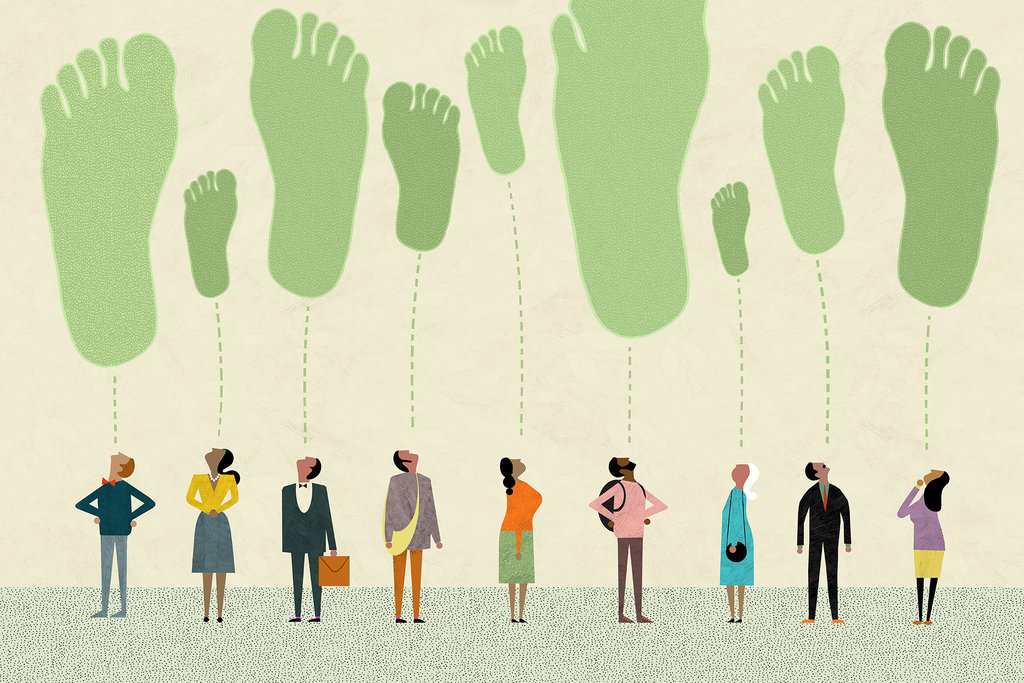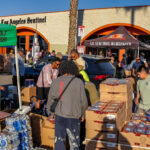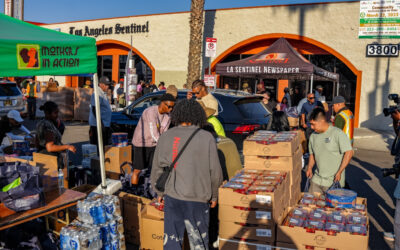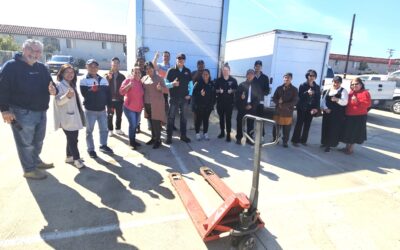

Every meal we throw away takes with it the water used to grow the food, the labor used to harvest the food, the fertilizers and pesticides, the soil, and the transportation. For many folks trying to find ways to reduce their environmental impact, it is imperative to reduce the food they waste on a home level, retail level, and manufacturing level. Some have turned to eating local to reduce their carbon footprint due to the carbon footprint caused by transportation of food items. Eating local does help our local farmers and food systems, and can be a wonderful way to connect with your local neighbours. However, when it comes down to environmental footprint, sometimes eating food that was produce locally is not the only factor to consider.
Researcher Hannah Richie at the University of Oxford explains that what you’re eating and the transportation on agricultural inputs and fuels can sometimes matter a lot more than where the food you eat was produced. She goes on to point out that even if we converted to a completely nationalized food system, we would only cut emissions related to food by 1.7%.
What is incredibly important and eye catching about this article though, is how detailed her examination of food production’s environmental impact is. All the more reason to remember that all food waste comes with a closet full of emissions that were produced for a cause that amounted to nothing. Wasted food might be one of the saddest ways to increase one’s carbon footprint.
Read Hannah’s full article here: https://hannahritchie.substack.com/p/food-miles









